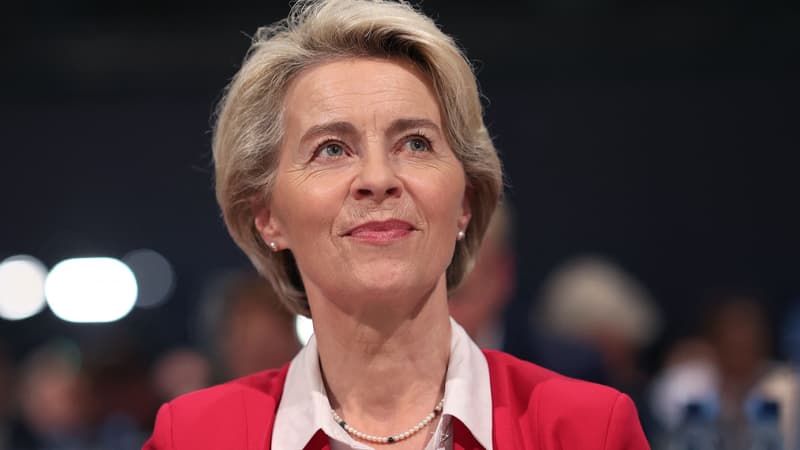More than 110 countries want COP28 to adopt the goal of tripling renewable energy and doubling energy efficiency by 2030, European Commission President Ursula von der Leyen said on Friday in Dubai. The European Union launched a call in this regard in spring, supported by the Emirati presidency of COP28 and then successively assumed by the G7 and G20 countries (80% of global greenhouse gas emissions). “Today, our call has been transformed into a powerful movement. More than 110 countries have already joined it,” said Ursula von der Leyen, who spoke from the podium.
This objective is a parallel negotiating point and closely linked to the much more difficult debates on reducing or even exiting fossil fuels. An example of this tension: when the G20 pledged in September to “encourage efforts” to achieve this goal, its final statement was silent on the fate of fossil fuels.
Room for progress in Australia, Japan and South Korea
The tripling of renewable energies (wind, solar, hydroelectric, biomass, etc.) is the main driver of carbon neutrality scenarios. If the world wants to stay below 1.5°C of warming compared to the pre-industrial period, this is “the most important lever” to replace coal, gas and oil, underlines the International Energy Agency (OUCH). The progress is already there. From 2015 to 2022, renewable installations grew an average of 11% each year. And in a context of skyrocketing oil and gas prices and energy insecurity linked to the war in Ukraine, the IEA expects unprecedented growth in 2023 (around +30%).
Not all countries will have to make the same efforts, stresses the Ember think tank in an analysis that considers the goal “achievable”: some are already on a doubling trajectory. Other large emitters (Australia, Japan, South Korea, United Arab Emirates, etc.) have room for improvement.
Source: BFM TV


